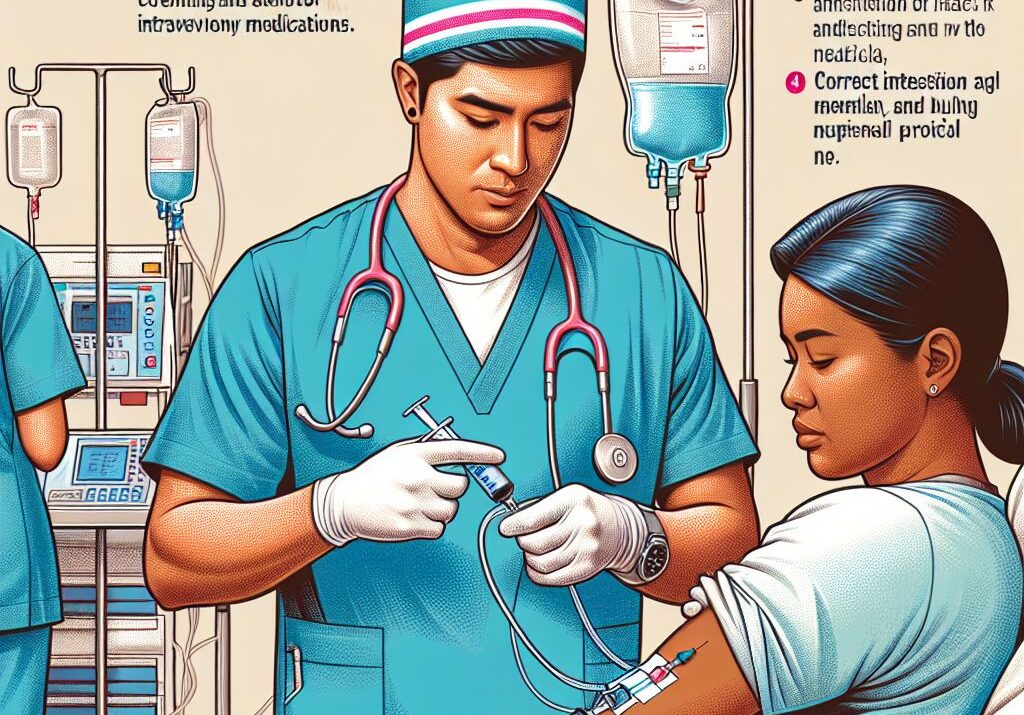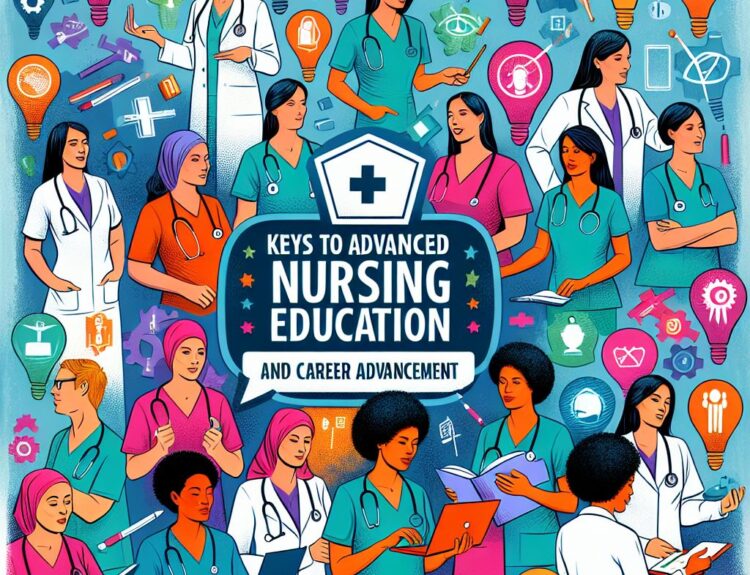Introduction
The medical field is a dynamic and ever-evolving sector, with continuous reviews and updates to practices and procedures to ensure optimal patient care. One such area that has seen recent changes in Dallas is the administration of intravenous (IV) medications, a common nursing procedure. This topic is of significance for three main reasons:
• New guidelines have been developed to enhance patient safety and minimize errors in drug administration.
• These changes affect a large number of healthcare providers, including nurses, paramedics, and physicians.
• Knowledge and implementation of these guidelines are essential for maintaining professional competence and ensuring quality patient care.
New Guidelines and Their Implications
The updated guidelines for administering intravenous medications have been designed with the aim of minimizing errors, improving patient safety, and enhancing the efficiency of the process. They encompass several aspects including procedural steps, the use of technology, and continuous training and education. These changes have significant implications for healthcare providers, necessitating adjustments in their practice and continuous learning.source
Procedural Steps
The new guidelines emphasize the need for meticulous adherence to the correct procedural steps. This includes proper patient identification, correct drug preparation and dosage calculation, and careful monitoring of the patient during and after drug administration. The guidelines also highlight the importance of proper documentation to ensure traceability and accountability.source
Use of Technology
Technology plays a crucial role in the new guidelines. The use of electronic medical records, digital drug delivery systems, and barcoding can greatly reduce the risk of medication errors. These technologies also allow for real-time monitoring of patient responses, thus enhancing patient safety.source
Continuous Training and Education
The importance of continuous training and education in implementing the new guidelines cannot be overstated. Nurses and other healthcare providers should regularly update their knowledge and skills through professional development programs and training workshops. This will help them stay abreast of the latest best practices and ensure their competence in administering IV medications.source
Conclusion
In conclusion, the new guidelines for administering intravenous medications in Dallas represent a significant development in the field of nursing. They provide a comprehensive framework for ensuring patient safety and improving the quality of care. It is imperative for all healthcare providers involved in the administration of IV medications to familiarize themselves with these guidelines and integrate them into their practice. By doing so, they can contribute to the ongoing efforts to enhance patient care and outcomes in the healthcare sector.source






